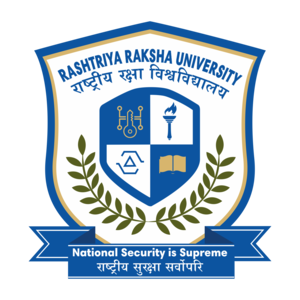This year’s summit highlighted a turning point in India’s security landscape, a shift from traditional, reactive security to proactive, AI-augmented cyber-physical defense. The theme strongly reflected the need for integrating Generative AI (Gen AI) and Agentic AI into security frameworks to enable faster threat response, enhanced investigation capabilities, and intelligent surveillance systems.
The conference emphasized that Generative AI has become a “double-edged sword”. While it empowers defenders with advanced threat detection, automated incident response, and AI-driven intelligence systems, it also enables cybercriminals to create sophisticated phishing attacks, deepfake scams, and AI-generated malware with greater ease.
One of the strongest takeaways for the students was the shift toward adopting an AI-augmented security posture, driven by three strategic pillars, how the future of security will rely on strong AI governance and skill evolution. Experts stressed the need for Governance & Model Control Protocols to regulate AI systems and ensure safe deployment, especially as AI begins to operate with higher autonomy.
A key priority discussed was upskilling the security workforce to match AI-driven operational requirements shifting from manual guarding to intelligence-based, tech-enabled security roles. The summit strongly emphasized the mandatory integration of physical and electronic security systems, recognizing that modern threats are cyber-physical in nature and demand a unified defense framework.
For SCIM students, the summit served as a powerful exposure to emerging industry trends in cyber-physical security. It connected academic learning with real-world applications and offered a forward-looking perspective on how AI, data security, criminology, and national security now intersect.
The India Security Summit 2025 proved to be a thought-provoking and transformational experience for SCIM attendees. It reinforced the need for responsible, ethical, and intelligent adoption of AI in the security ecosystem not as a replacement for humans, but as a force multiplier.
As the security world moves toward a future driven by AI-enabled prevention, detection, and response, SCIM students are now better equipped with the knowledge and vision required to contribute meaningfully to India’s evolving security landscape.








.JPG)


0 Comments